Financial derivatives are complex financial instruments that have become increasingly popular in today's markets. One such derivative is the futures contract, which allows investors to speculate on the price movements of various assets, from commodities to stocks. In this article, we will provide a comprehensive guide to understanding futures contracts, including their mechanics, benefits, and risks. Whether you are a beginner looking to dip your toes into futures options trading or a seasoned investor wanting to expand your portfolio, this article is a must-read. So, let's dive in and explore the fascinating world of financial derivatives and futures contracts.
1. Introduction to Financial Derivatives: Understanding Futures Contracts
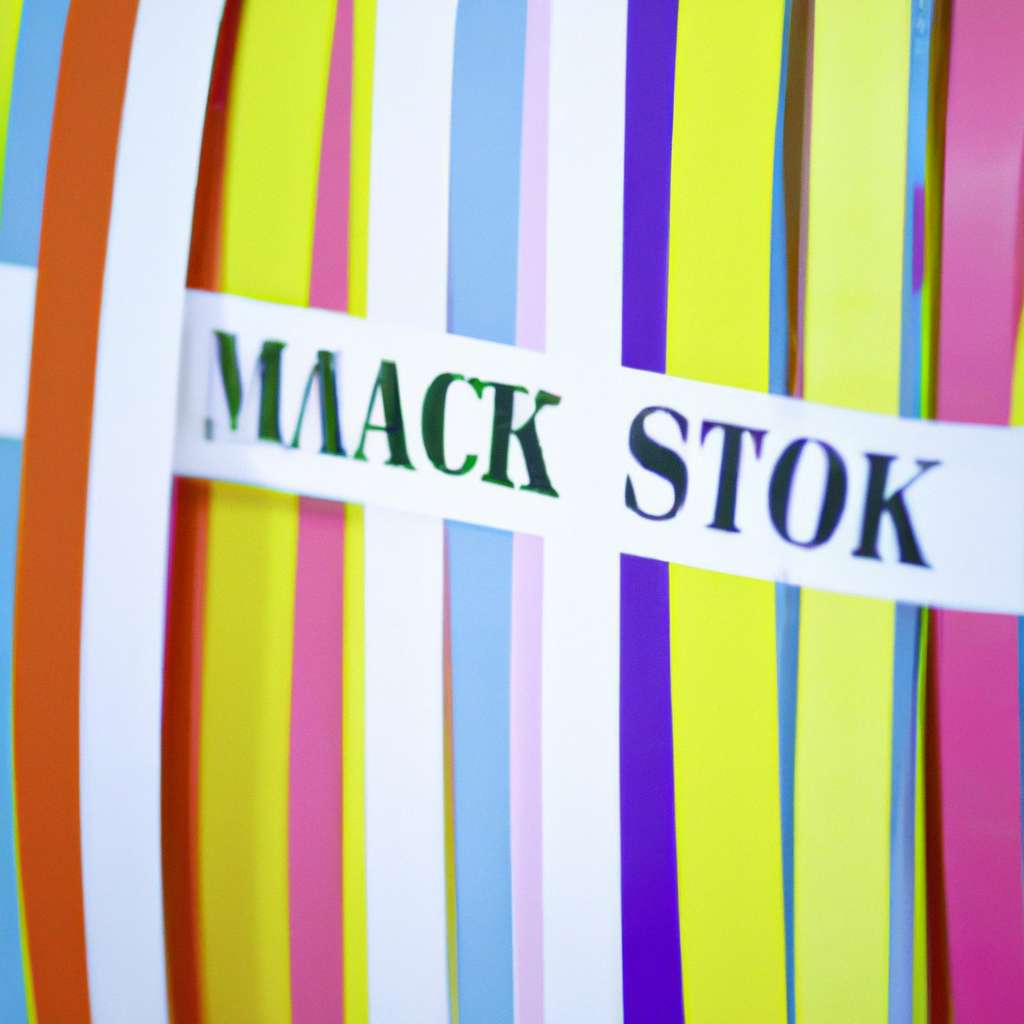
Financial derivatives are complex financial instruments that derive their value from an underlying asset. These instruments are commonly used by investors and traders to manage risk, speculate on price movements, and hedge against potential losses. One of the most popular types of financial derivatives is the futures contract.
A futures contract is an agreement between two parties to buy or sell an asset at a predetermined price on a specified future date. The underlying asset can be commodities, currencies, stock indices, interest rates, or even cryptocurrencies. Futures contracts are standardized and traded on organized exchanges, such as the Chicago Mercantile Exchange (CME) or the New York Mercantile Exchange (NYMEX).
Beginners often find futures contracts overwhelming due to their complexity and terminology. However, understanding the basics of futures contracts can provide a solid foundation for engaging in futures and options stock derivatives trading.
The primary purpose of futures contracts is to manage price risks. For example, farmers can use futures contracts to lock in a price for their crops before they are harvested. By doing so, they can protect themselves from potential price fluctuations and ensure a stable income. Similarly, companies that rely on commodities as raw materials can use futures contracts to hedge against price volatility.
Futures contracts also offer opportunities for speculation and profit-making. Traders can take positions in futures contracts to profit from anticipated price movements. For instance, if a trader believes that the price of crude oil will increase in the future, they can buy crude oil futures contracts at the current price and sell them at a higher price later, thus generating a profit.
Compared to other financial instruments, futures contracts have several advantages. They provide high liquidity, allowing traders to easily enter and exit positions. Additionally, futures contracts are standardized, which means they have predetermined contract specifications, such as the quantity, quality, and delivery date of the underlying asset. This standardization makes futures contracts more transparent and ensures fair trading practices.
However, it is essential for beginners to understand that futures trading involves substantial risks. The leverage associated with futures contracts can magnify both profits and losses. Therefore, it is crucial to have a comprehensive understanding of the market, conduct thorough research, and develop a well-defined trading strategy before venturing into futures options trading.
In conclusion, futures contracts are an integral part of financial derivatives. They provide a means for managing risk, speculating on price movements, and hedging against potential losses. While futures contracts can be complex for beginners, taking the time to understand their fundamentals can open up opportunities in futures and options stock derivatives trading.
2. A Beginner’s Guide to Futures Contracts: What You Need to Know
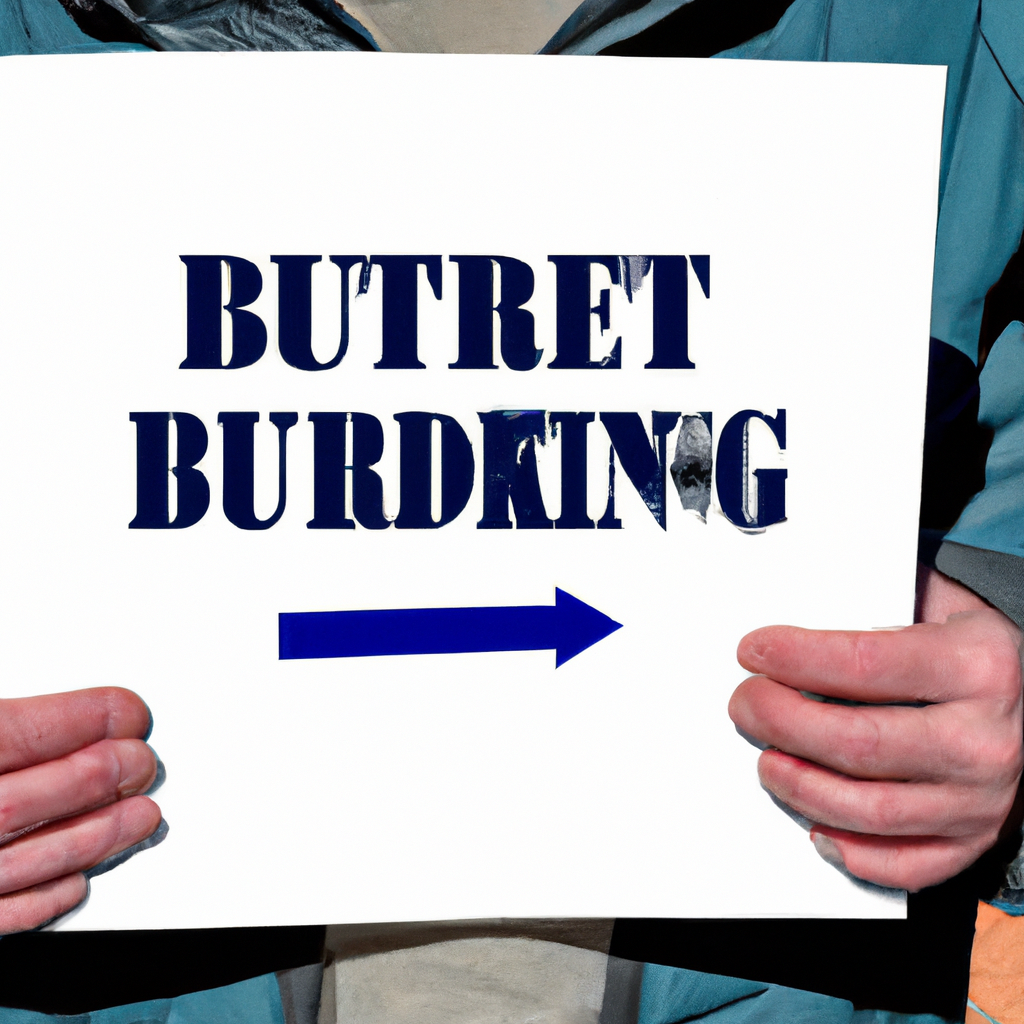
A Beginner's Guide to Futures Contracts: What You Need to Know
If you are new to the world of financial derivatives, futures contracts can seem complex and intimidating. However, with a little understanding, they can be a valuable tool in managing risk and maximizing profits. In this beginner's guide, we will demystify futures contracts and provide you with the essential knowledge you need to get started.
What are Futures Contracts?
A futures contract is a legal agreement between two parties to buy or sell an asset at a predetermined price and date in the future. These contracts are standardized and traded on organized exchanges, such as the Chicago Mercantile Exchange (CME) or the New York Mercantile Exchange (NYMEX). The underlying assets can vary from commodities like oil, gold, or wheat to financial instruments like stocks, bonds, or currencies.
How do Futures Contracts Work?
Futures contracts are designed to hedge against price fluctuations or speculate on the future value of an asset. They enable buyers and sellers to lock in a price today for the delivery of the asset at a later date. The buyer of a futures contract (long position) agrees to purchase the asset, while the seller (short position) agrees to sell it. The contract specifies the quantity, quality, and delivery date of the asset.
Benefits of Futures Contracts
One of the key advantages of futures contracts is leverage. Unlike traditional investments where you need to pay the full value of the asset upfront, futures contracts only require a fraction of the total value as margin. This allows traders to control a larger position with a smaller investment. However, leverage can amplify both gains and losses, so it is important to use it wisely.
Additionally, futures contracts offer liquidity and transparency. As they are traded on regulated exchanges, there is a well-established marketplace with buyers and sellers actively participating. This ensures that you can easily enter or exit positions without worrying about finding a counterparty.
Risks and Considerations
While futures contracts can be lucrative, they also carry risks. The primary risk is price volatility. If the price of the underlying asset moves against your position, you may face substantial losses. It is crucial to have a solid understanding of the market and conduct thorough research before entering into any futures contract.
Furthermore, as a beginner, it is advisable to start with smaller positions and gradually increase your exposure as you gain experience and knowledge. Futures options trading can provide an alternative to mitigate risk by allowing you to buy or sell options contracts based on the underlying futures contract.
Conclusion
Futures contracts are a vital component of the financial markets, allowing investors to manage risk and speculate on asset prices. By understanding the basics of futures contracts, such as their purpose, mechanics, and associated risks, beginners can confidently navigate this complex yet rewarding world of financial derivatives. Remember to always conduct thorough research, seek guidance from experts if needed, and manage your positions responsibly.
3. Exploring the World of Futures & Options Stock Derivatives
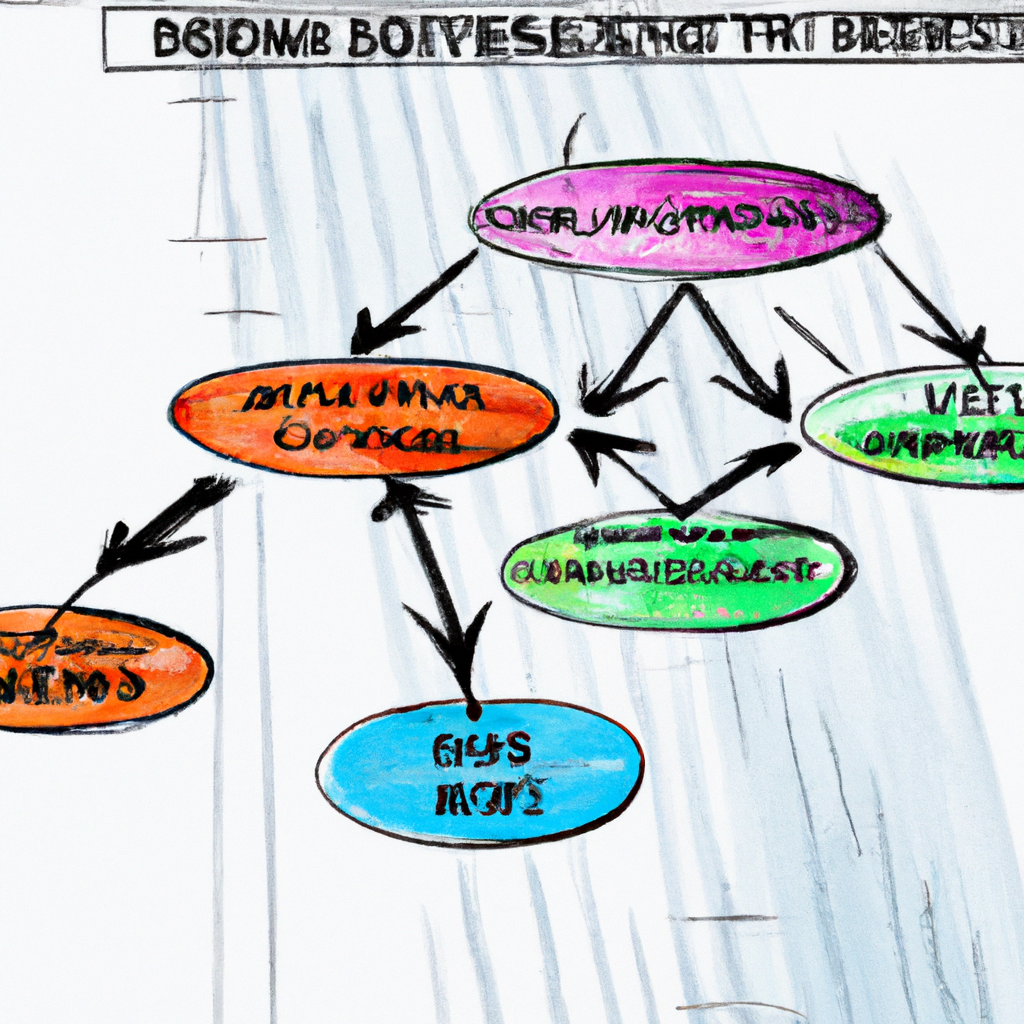
Financial derivatives are investment instruments that derive their value from an underlying asset, such as stocks, bonds, commodities, or currencies. Among the various types of financial derivatives, futures contracts are widely popular due to their potential for profit and risk management.
A futures contract is a legally binding agreement between two parties, where they agree to buy or sell an asset at a predetermined price and date in the future. These contracts are traded on organized exchanges, such as the Chicago Mercantile Exchange (CME) or the New York Mercantile Exchange (NYMEX), and are standardized in terms of contract size, expiration date, and quality of the underlying asset.
For beginners looking to delve into the world of futures and options stock derivatives, it is essential to understand the basics. Futures options trading allows investors to speculate on the future price movements of an asset without owning it physically. By taking a long position, an investor expects the price to rise, while a short position anticipates a decline in price.
The main advantage of futures contracts is leverage, which allows investors to control a larger position with a relatively small amount of capital. This amplifies both potential profits and losses, making it crucial for beginners to approach futures trading with caution and risk management strategies.
Futures contracts are used for various purposes, including hedging and speculation. Hedging involves using futures contracts to offset potential losses in the underlying asset. For example, a farmer might use a corn futures contract to protect against a potential drop in corn prices. Speculation, on the other hand, involves taking positions in futures contracts to profit from anticipated price movements.
It is important to note that futures trading involves a high level of risk and requires a deep understanding of market dynamics, technical analysis, and fundamental factors affecting the underlying asset. Beginners should consider educating themselves through reputable sources or seeking guidance from experienced professionals before entering the futures market.
In conclusion, futures and options stock derivatives provide investors with opportunities for profit and risk management. However, beginners should approach futures trading with caution and seek proper education to navigate the complexities of this financial derivative. By understanding the basics, utilizing risk management strategies, and staying informed about market trends, investors can potentially benefit from futures options trading.
4. The Basics of Futures Options Trading: A Comprehensive Overview
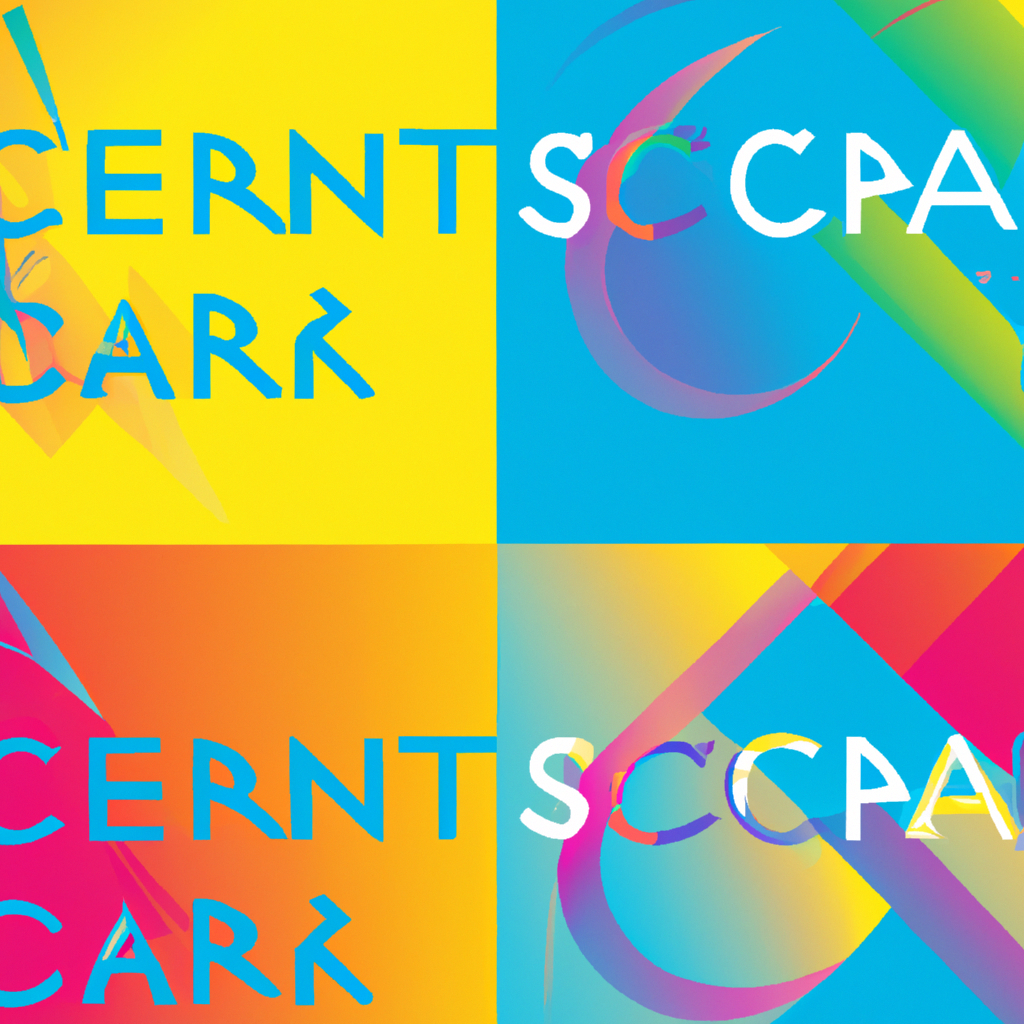
Futures options trading is a popular form of financial derivatives trading that involves the buying and selling of futures contracts. For beginners looking to venture into the world of futures and options stock derivatives, it is essential to have a comprehensive understanding of the basics.
A futures contract is an agreement between two parties to buy or sell a specific asset, such as commodities, currencies, or financial instruments, at a predetermined price and future date. These contracts are standardized and traded on regulated exchanges, providing a platform for buyers and sellers to enter into transactions.
One of the key features of futures options trading is leverage. Traders can control a large amount of the underlying asset with a relatively small amount of capital. This allows for the potential of significant profits, but also exposes traders to higher risks. It is crucial for beginners to understand the concept of leverage and manage it responsibly.
In futures options trading, there are two main types of participants – hedgers and speculators. Hedgers use futures contracts to mitigate the risk associated with price fluctuations of the underlying asset. For example, a farmer might use futures contracts to lock in a price for their crops, ensuring stability in revenue. Speculators, on the other hand, aim to profit from price movements by taking positions in the market without a direct interest in the underlying asset.
To trade futures options, traders can either buy or sell contracts. Buying a contract gives the trader the right, but not the obligation, to buy the underlying asset at a specific price in the future. Selling a contract, also known as writing or shorting, obligates the trader to sell the underlying asset at a predetermined price if the buyer exercises their right.
Before engaging in futures options trading, beginners should familiarize themselves with the various strategies available. These strategies include buying calls or puts, selling covered calls, spreads, and straddles, among others. Each strategy has its own risk-reward profile and is suitable for different market conditions and trading objectives.
It is essential for beginners to educate themselves on the mechanics of futures options trading and the associated risks. They should thoroughly research and understand the terms and conditions of the specific futures contracts they wish to trade. Additionally, beginners should consider seeking guidance from experienced traders or professionals to develop a sound trading plan and risk management strategy.
In conclusion, futures options trading is a complex yet rewarding form of financial derivatives trading. Beginners should take the time to understand the basics, including the concept of futures contracts, leverage, participant roles, and various trading strategies. By doing so, they can embark on their futures options trading journey with confidence and increase their chances of success in this dynamic and exciting market.
5. Benefits and Risks of Investing in Futures Contracts
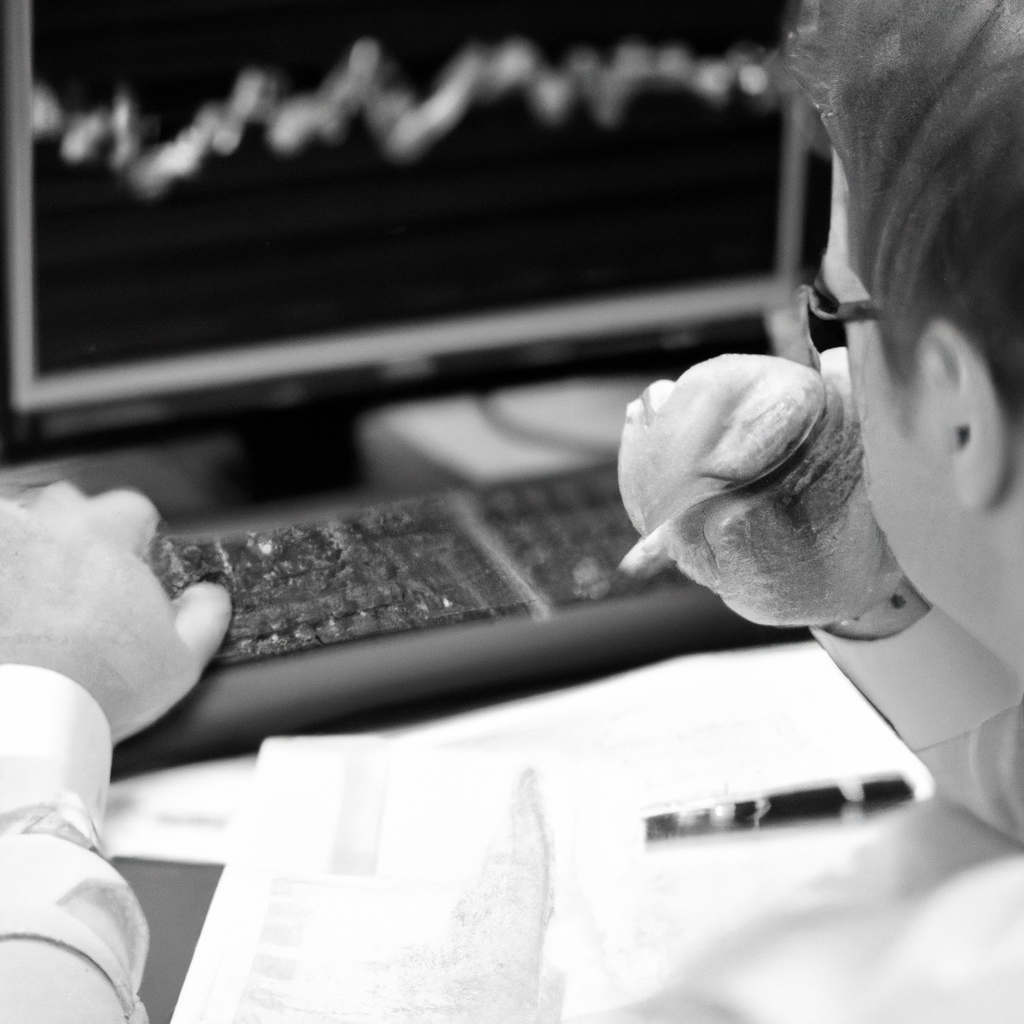
Investing in futures contracts can offer numerous benefits to traders and investors, but it also comes with its fair share of risks. Understanding these benefits and risks is essential for anyone considering entering the world of futures trading.
One of the primary benefits of investing in futures contracts is the potential for significant profits. Futures contracts allow investors to speculate on the price movements of various underlying assets, such as commodities, currencies, or stock indices. This enables traders to take advantage of price fluctuations and potentially generate substantial returns. Moreover, futures contracts offer leverage, meaning that investors can control a large position with a relatively small amount of capital, amplifying their potential gains.
Another advantage of futures contracts is their liquidity. These financial derivatives are actively traded on organized exchanges, ensuring that there is always a ready market for buying and selling contracts. This liquidity allows investors to enter and exit positions quickly, providing flexibility and the potential to capitalize on short-term price movements.
Additionally, futures contracts can serve as effective risk management tools. Many businesses and individuals use futures contracts to hedge against adverse price movements in the underlying assets. By locking in a future price, they can protect themselves from potential losses and stabilize their financial positions. For instance, a farmer can hedge against a drop in crop prices by selling futures contracts, ensuring a certain level of income regardless of market fluctuations.
However, investing in futures contracts also entails various risks that should not be overlooked. Firstly, futures trading involves substantial leverage, which can magnify both profits and losses. While leverage can amplify gains, it can also lead to significant losses if the market moves against the investor's position. Therefore, it is crucial for beginners to exercise caution and manage risk effectively when trading futures contracts.
Another risk associated with futures contracts is the potential for price volatility. As derivatives, futures contracts are influenced by the fluctuations in the prices of their underlying assets. These price movements can be unpredictable and driven by various factors such as economic news, geopolitical events, or market sentiment. Traders must carefully analyze market conditions and employ effective risk management strategies to navigate this volatility successfully.
Furthermore, investing in futures contracts requires knowledge and expertise. Beginners should thoroughly educate themselves about the futures market, understand the mechanics of trading, and develop a sound trading plan. Lack of knowledge and experience can lead to costly mistakes and losses.
In conclusion, futures contracts offer several benefits, including the potential for substantial profits, liquidity, and risk management capabilities. However, investing in these financial derivatives also carries risks, such as leverage-induced losses and price volatility. Beginners should approach futures trading with caution, seeking education and guidance to mitigate these risks effectively. By understanding both the benefits and risks, investors can make informed decisions and potentially reap the rewards of futures trading.
6. Understanding the Mechanics of Futures Contract Trading

Understanding the Mechanics of Futures Contract Trading
Trading in futures contracts is a popular and important aspect of the financial derivatives market. For beginners looking to delve into futures and options stock derivatives, it is crucial to have a comprehensive understanding of the mechanics involved in futures contract trading.
A futures contract is a legally binding agreement between two parties to buy or sell a specific asset, such as commodities, currencies, or financial instruments, at a predetermined price and date in the future. This agreement is standardized and traded on regulated exchanges, creating a transparent and efficient market.
One of the key features of futures contracts is the concept of leverage. As a beginner, it is essential to grasp the implications of leverage before engaging in futures options trading. Leverage allows traders to control a larger position with a relatively smaller amount of capital. While this can amplify potential profits, it also increases the risk of substantial losses. Therefore, it is crucial to exercise caution and have a clear risk management strategy in place.
Futures contracts have a fixed expiration date, known as the delivery or settlement date. It is important to note that most futures contracts are not intended for physical delivery but rather for cash settlement. This means that upon expiration, the contract's value is settled in cash based on the difference between the contracted price and the prevailing market price of the underlying asset.
To facilitate trading, futures contracts are standardized in terms of quantity, quality, and delivery location. This standardization ensures liquidity and ease of trading, allowing market participants to enter and exit positions with relative ease. Moreover, the use of margin accounts enables traders to deposit a fraction of the contract's value as collateral, further enhancing liquidity and accessibility.
Futures contract trading involves two types of market participants: hedgers and speculators. Hedgers are entities seeking to mitigate price risk associated with their underlying assets. For example, a farmer may use futures contracts to lock in a favorable price for their crop before the harvest. On the other hand, speculators are individuals or institutions looking to profit from price fluctuations in the market without owning the physical asset. These market participants provide liquidity and contribute to the efficient functioning of the futures market.
In conclusion, understanding the mechanics of futures contract trading is crucial for beginners venturing into the world of financial derivatives. By comprehending the concept of leverage, the importance of standardized contracts, and the roles of hedgers and speculators, individuals can navigate the futures market with confidence. However, it is essential to approach futures options trading with caution, employing risk management strategies to protect against potential losses.
7. Key Factors to Consider Before Engaging in Futures Options Trading

Futures options trading can be an exciting and potentially lucrative endeavor for investors. However, before engaging in this type of trading, it is essential to consider several key factors. These factors will not only help beginners navigate the complex world of financial derivatives but also ensure that they make informed decisions when trading futures contracts.
1. Education and Understanding: Before diving into futures options trading, it is crucial to have a solid understanding of how futures contracts work. Beginners should familiarize themselves with the basics of financial derivatives, such as futures contracts, through comprehensive research or by seeking guidance from experienced traders.
2. Risk Management: Like any investment, futures options trading involves risks. It is essential to assess and manage these risks before entering the market. Traders should determine their risk tolerance levels and establish appropriate risk management strategies, such as setting stop-loss orders and diversifying their portfolio.
3. Market Analysis: Successful futures options trading requires a thorough analysis of the market. Traders should develop a systematic approach to analyze market trends, technical indicators, and fundamental factors that may impact the price of the underlying asset. This analysis will help traders make informed decisions and identify potential trading opportunities.
4. Financial Resources: Engaging in futures options trading requires sufficient financial resources. Traders need to have enough capital to cover initial margin requirements, potential losses, and transaction costs. It is crucial to have a clear understanding of one's financial situation and allocate funds accordingly to avoid overextending or risking financial stability.
5. Trading Plan and Strategy: Developing a well-defined trading plan and strategy is essential for futures options trading success. Traders should establish clear objectives, determine entry and exit points, and outline risk management techniques. Adhering to a well-thought-out plan can help traders stay disciplined and avoid impulsive decision-making.
6. Brokerage Selection: Choosing the right brokerage firm is crucial for beginners entering the futures options trading market. Traders should consider factors such as the firm's reputation, trading platform features, customer support, and fees. Conducting thorough research and comparing different brokerage options will help traders find a reliable and suitable partner.
7. Continuous Learning: Futures options trading is a dynamic field that requires continuous learning and staying up-to-date with market developments. Traders should invest time in ongoing education, attending seminars, webinars, or reading books and articles related to futures and options stock derivatives. Expanding knowledge and skills will enhance trading strategies and decision-making abilities.
In conclusion, beginners venturing into futures options trading must consider these key factors before engaging in this complex financial activity. By educating themselves, managing risks, conducting market analysis, allocating appropriate financial resources, developing a trading plan, choosing the right brokerage, and continuously learning, traders can increase their chances of success in the futures options trading market.
8. Tips and Strategies for Successful Futures Contract Investing
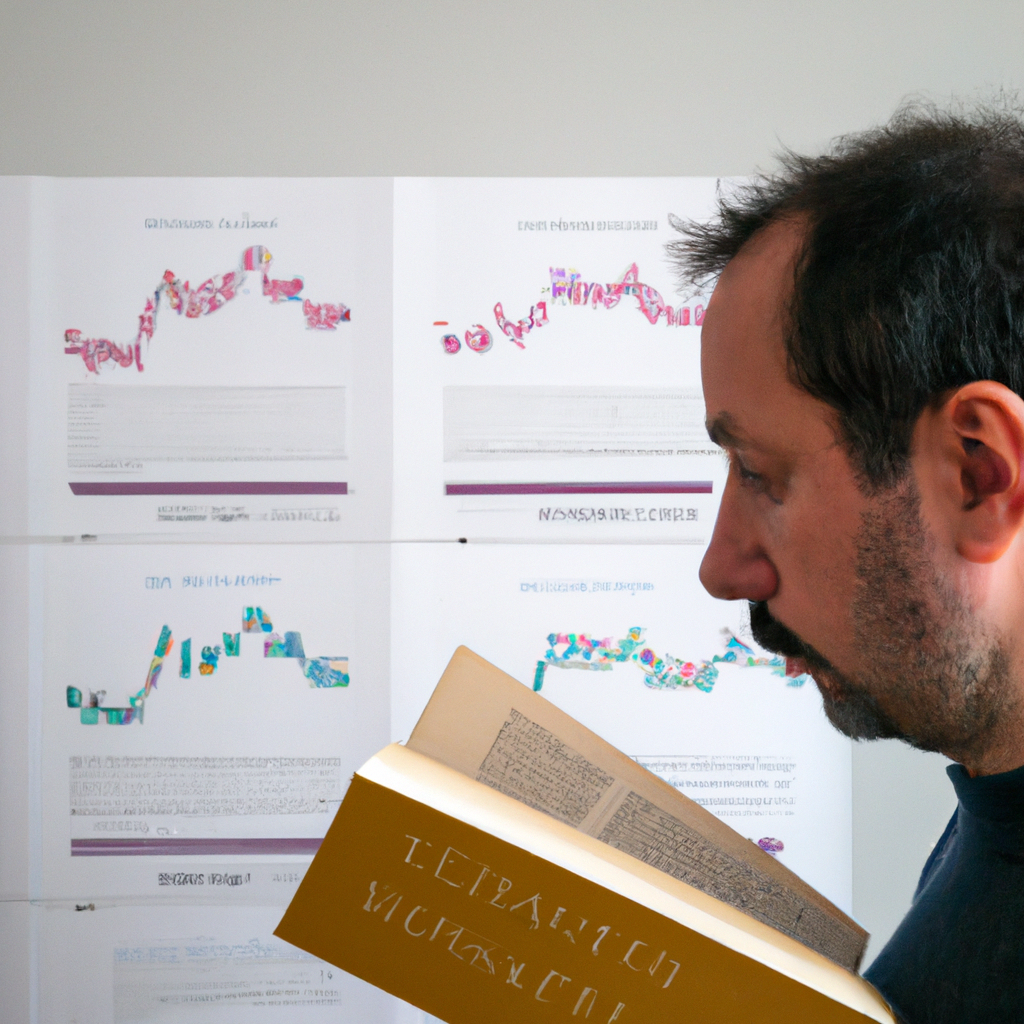
Futures contracts are a popular type of financial derivative that allow investors to speculate on the future price movements of various underlying assets, such as commodities, currencies, or stock market indices. While futures contract investing can be lucrative, it also carries a certain level of risk. To increase your chances of success in this complex market, here are eight tips and strategies for beginners:
1. Educate Yourself: Before diving into futures contract investing, it is crucial to understand the basics of financial derivatives and how futures contracts work. Familiarize yourself with key terms, contract specifications, and trading strategies to make informed decisions.
2. Set Clear Goals: Define your investment goals and risk tolerance. Determine whether you want to hedge against price fluctuations or purely speculate for profit. Having a clear objective will help you choose the most suitable futures contracts and manage your positions effectively.
3. Start Small: As a beginner, it is advisable to start with a small investment capital. This allows you to learn from your experiences without risking substantial losses. Gradually increase your position sizes as you gain confidence and expertise in futures contract investing.
4. Research the Underlying Asset: Thoroughly analyze the market and factors that influence the price of the underlying asset. Stay updated on news, economic indicators, and industry trends that may impact the asset's value. This will help you make more informed trading decisions.
5. Develop a Trading Plan: Create a well-defined trading plan that outlines your entry and exit strategies, risk management techniques, and profit targets. Stick to your plan and avoid making impulsive decisions based on emotions or short-term market fluctuations.
6. Practice Risk Management: Futures contract investing involves inherent risks. Implement risk management techniques such as setting stop-loss orders to limit potential losses. Diversify your portfolio by investing in multiple futures contracts across different asset classes to reduce overall risk exposure.
7. Stay Disciplined: Successful futures contract investing requires discipline and patience. Avoid chasing quick profits or deviating from your trading plan. Stick to your predetermined strategies and be consistent in your decision-making process.
8. Continuously Learn and Adapt: The futures market is dynamic and constantly evolving. Stay updated with industry developments, new trading strategies, and technological advancements. Continuously educate yourself and adapt your approach accordingly to stay ahead in this competitive market.
By following these tips and strategies for successful futures contract investing, beginners can navigate the complexities of the futures market with more confidence and increase their chances of achieving their investment goals.
Keywords: financial derivatives, futures contract, beginners guide, futures & options stock derivatives, futures options trading




